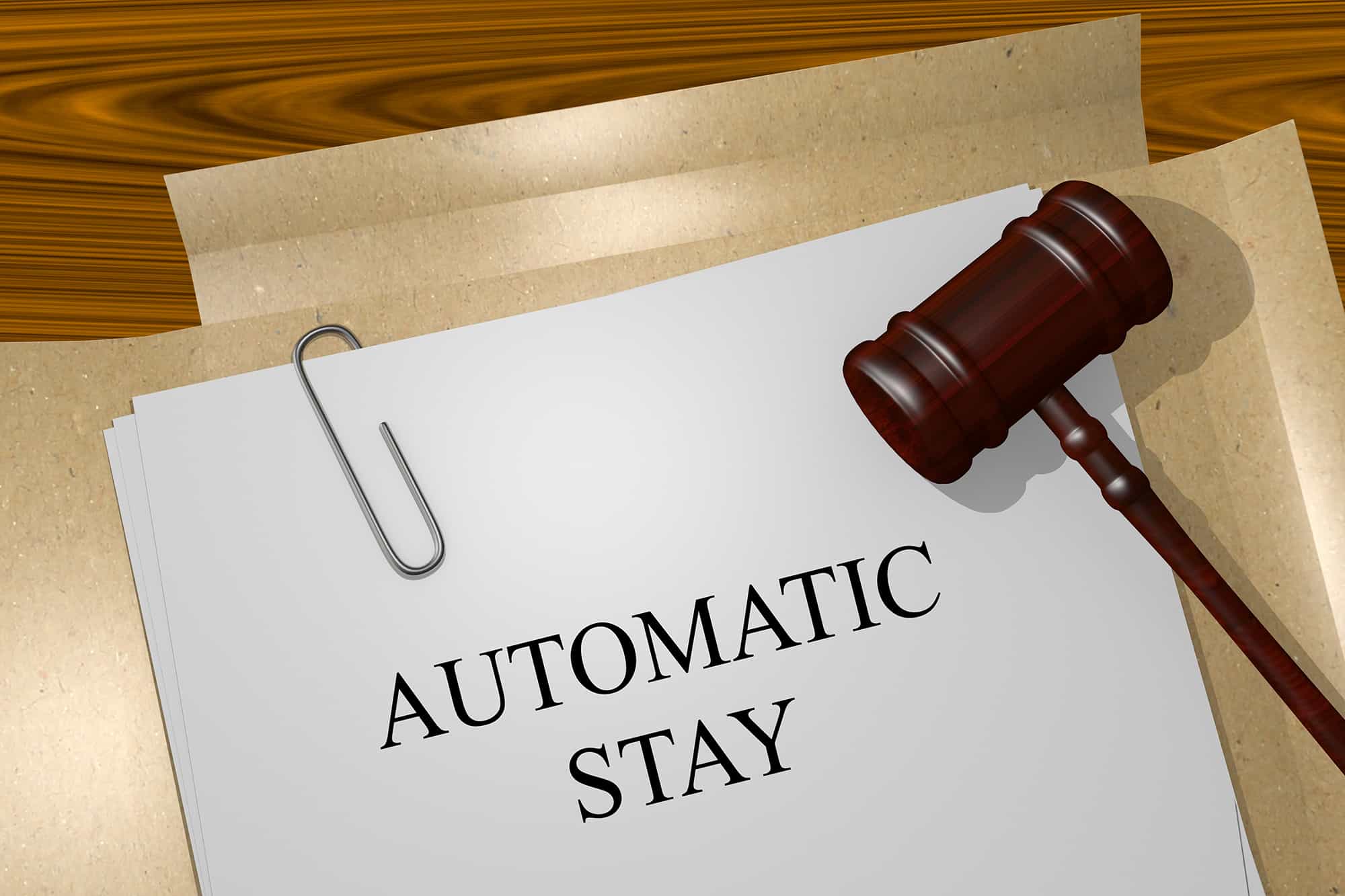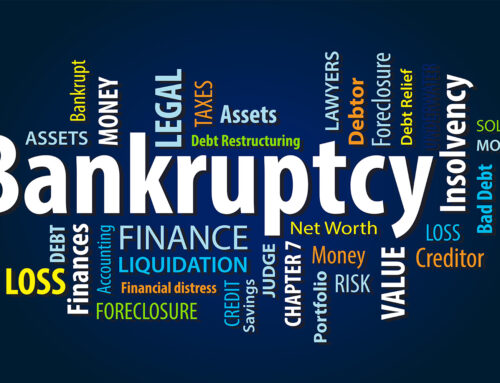When you are overwhelmed with bills and behind on payments, the cacophony of collection calls, emails, and letters can drive you to distraction. If your whole body tenses when you go to the mailbox or hear the sound of an incoming call, you may have considered the possibility of bankruptcy to catch your breath and sort everything out. Not only can it give you a second chance to get your financial matters under control, but it can also put a halt to many of the activities of your creditors.
An Automatic Stay Provides Interim Relief
No matter which chapter of the bankruptcy code you choose, as soon as you file your petition with the court, an automatic stay goes into effect. This court injunction hits a pause button and immediately stops creditors from pursuing collection endeavors. The pertinent word here is pause. The automatic stay is temporary and lasts for a defined time until another legal process takes place:
- The bankruptcy proceedings are finalized.
- A creditor files a petition to lift the automatic stay.
- The bankruptcy case is dismissed.
An Automatic Stay Stops a Number of Creditor Actions
Not every debt is subject to the automatic stay, but it does put at least a temporary halt to many creditor activities:
- Foreclosure on the debtor’s home
- Some evictions, depending on whether a judgment was already issued
- Disconnection delays for at least 20 days of utilities, such as water, gas, electric or phone services
- Repossession of vehicles or other assets
- Collection attempts on debts acquired before the bankruptcy filing
- Wage garnishments
An Automatic Stay Does Not Cover Some Types of Creditor Activities
The bankruptcy code always walks that fine line between giving the debtor a fresh start while treating the creditors as fairly as possible. Therefore, the automatic stay has to mesh with federal bankruptcy rules and does not apply to certain creditor activities:
- Child or family support collections from assets outside the bankruptcy estate
- Fines owed from criminal proceedings
- Tax audits or IRS seizing of tax refunds
- Debts taken on after the date of the bankruptcy petition
An Automatic Stay Must Be Obeyed by Creditors
The automatic stay is a court injunction that has teeth in it. It applies to all courts and jurisdictions and puts a stop to collection attempts by creditors of both secured and unsecured loans. Debtors can file a lawsuit against creditors who continue to contact or harass them as long as the automatic stay is in effect. This includes collection companies and even some government agencies.
An Automatic Stay Assures Equal Treatment to Creditors
While the bankruptcy petitioner may focus on the reprieve from badgering that an automatic stay triggers, this court order also protects those owed money by the debtor. When someone files for bankruptcy, the likelihood of any creditor receiving the full amount owed plummets. This is especially true of unsecured debt such as credit card balances and personal loans. Instead, the debtor’s assets go into a fund known as the bankruptcy estate, and creditors receive a proportionate amount after these assets are sold.
Not surprisingly, each creditor wants to receive as much of what they are owed as possible. By temporarily freezing collection activities, the automatic stay prevents one creditor from grabbing a greater proportion of the available assets than the others. If a creditor files a petition to lift the automatic stay, the court will consider whether this gives the creditor an undue advantage over the other parties owed money by the debtor.
An Automatic Stay Involves Ramifications Unique to Each Case
If the pressure of financial difficulties, collection calls, and other creditor actions are overwhelming you, seek assistance from a law firm that has your best interests at heart. It is important to enlist the help of an expert in the field who can advise you based on the facts of your individual situation. The Law Offices of Brent D. George has extensive experience with all chapters of the bankruptcy code, and can answer your questions and explain how the automatic stay applies in your circumstances. Call 805-494-8400 today to schedule a free consultation.







